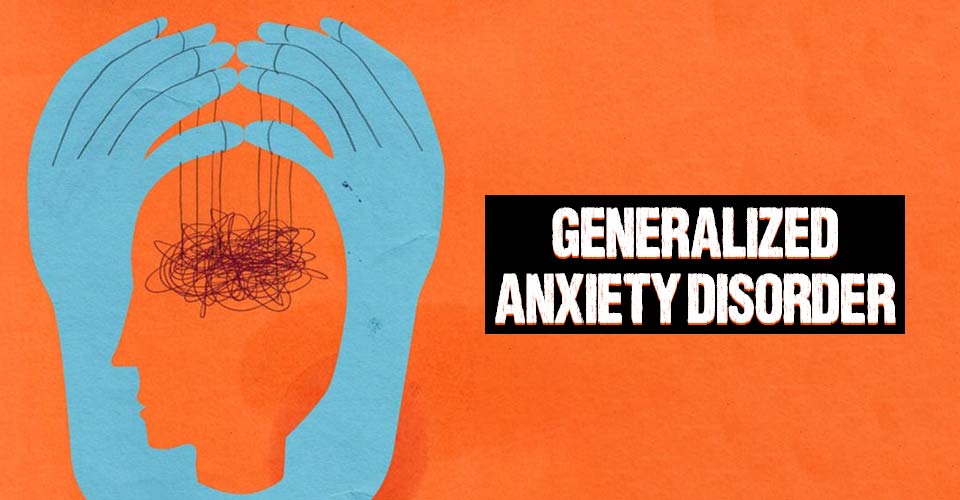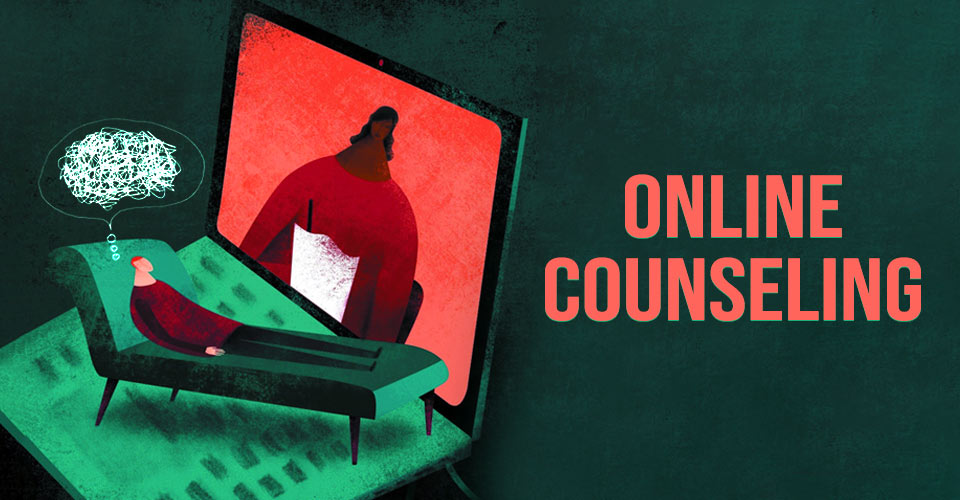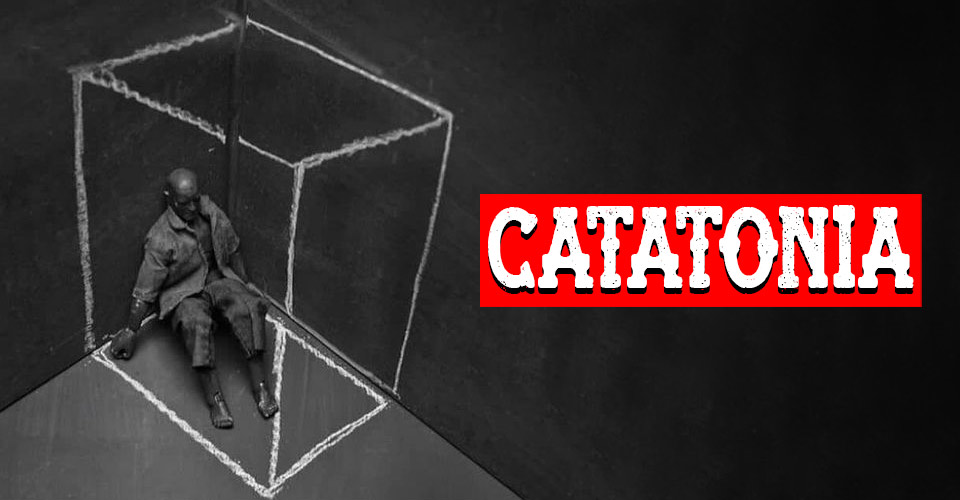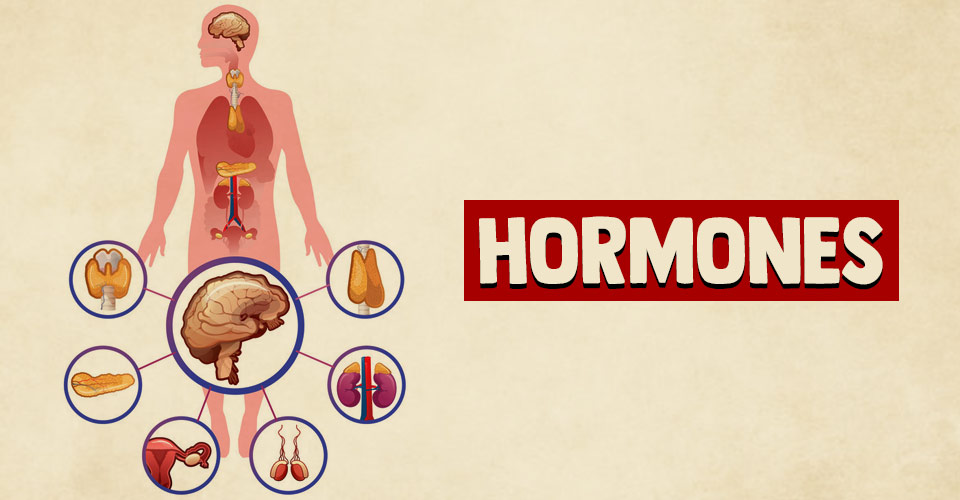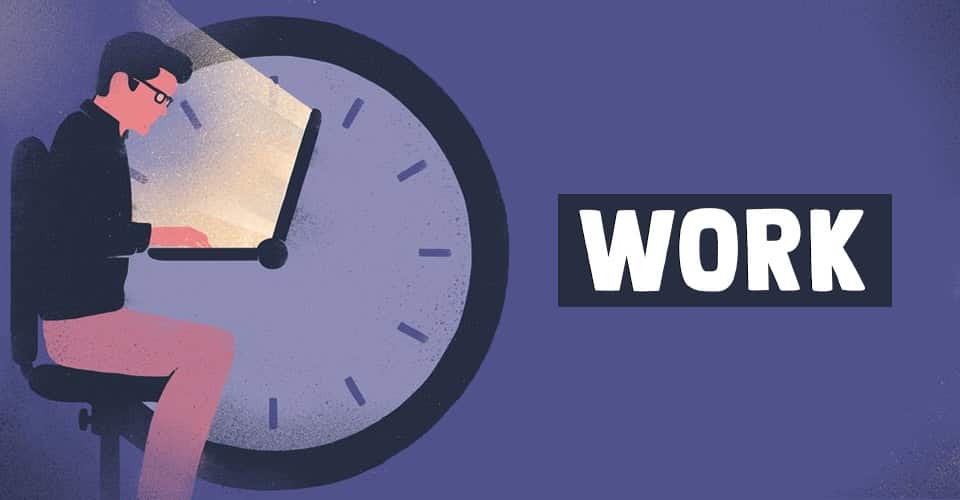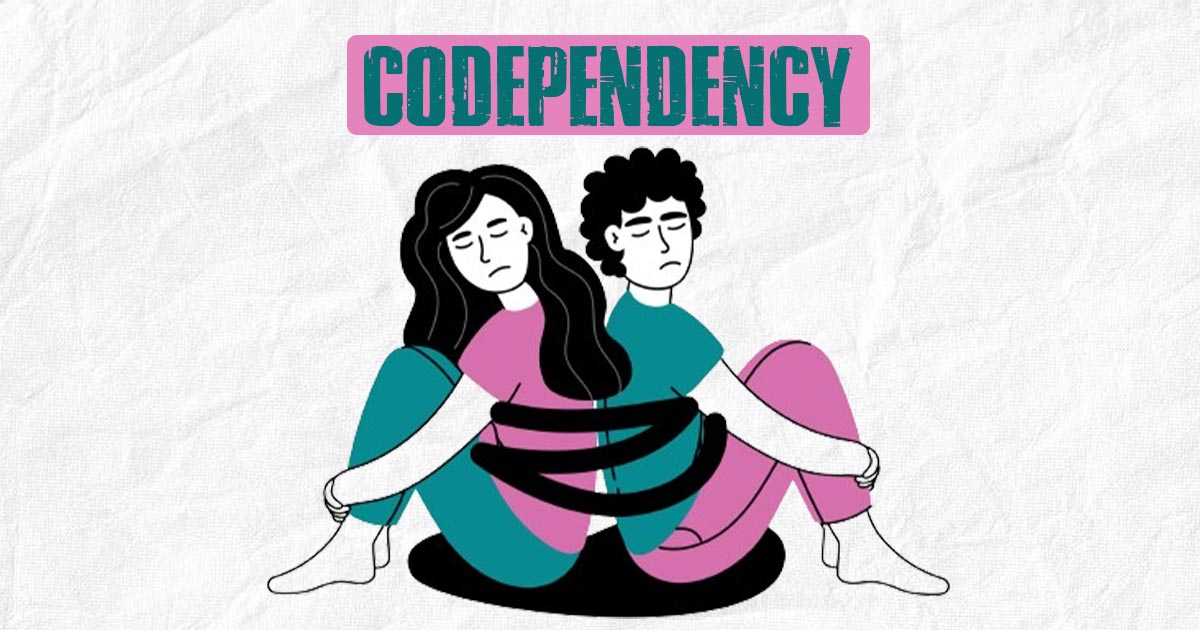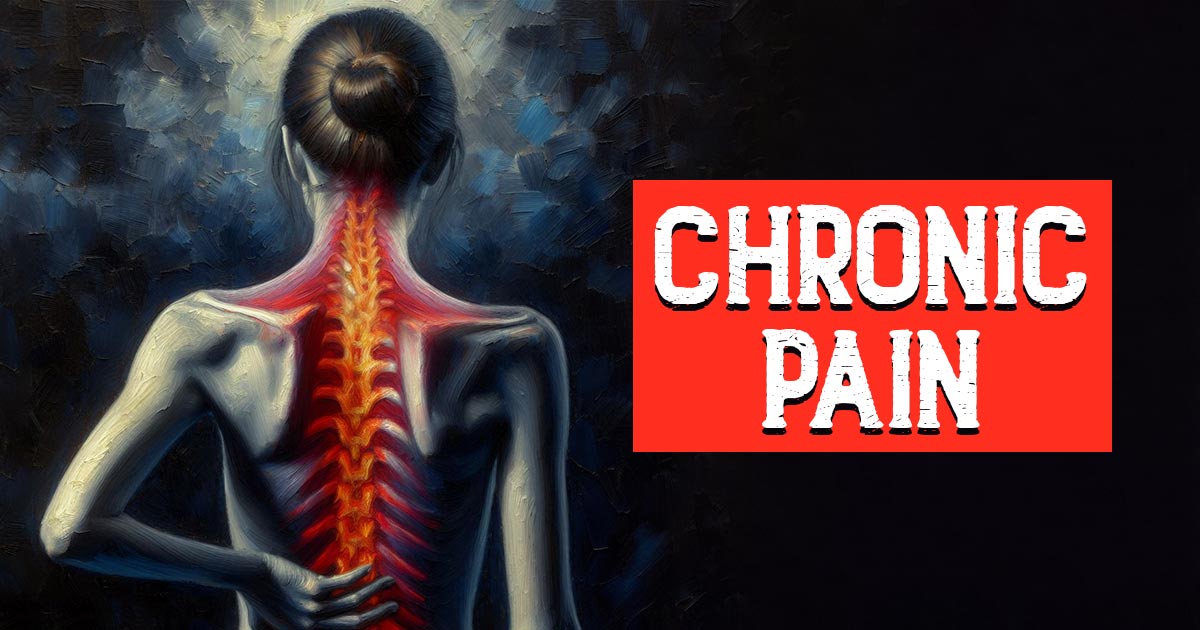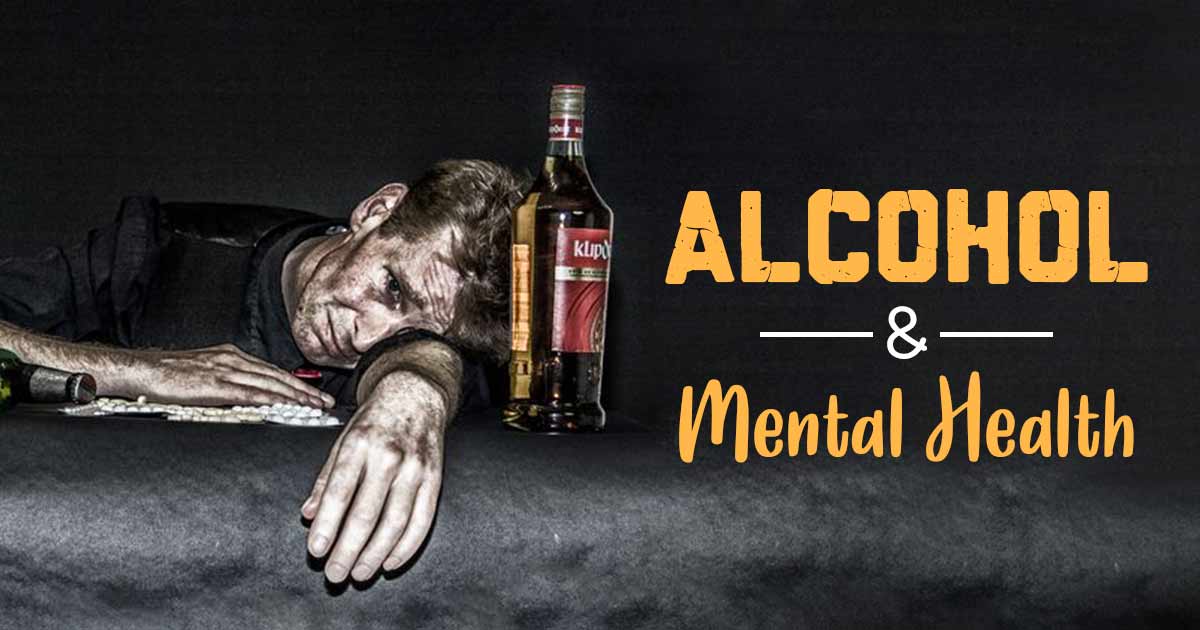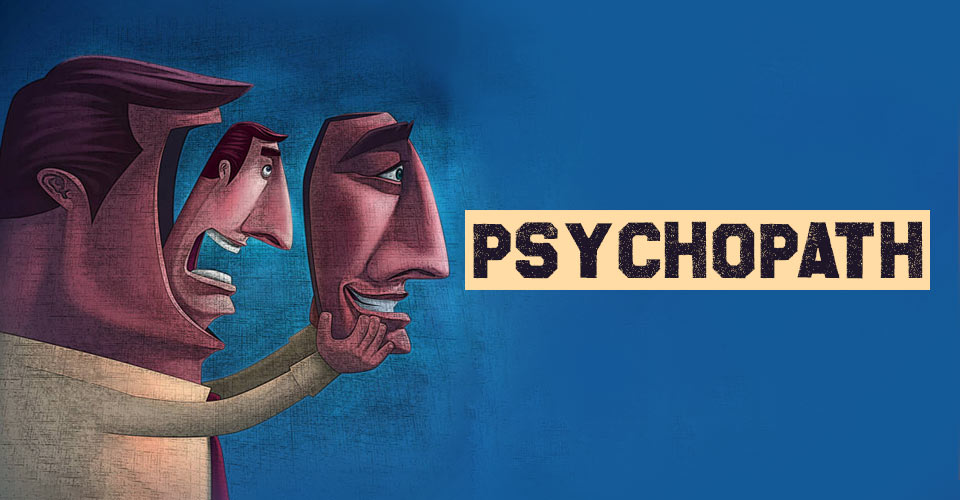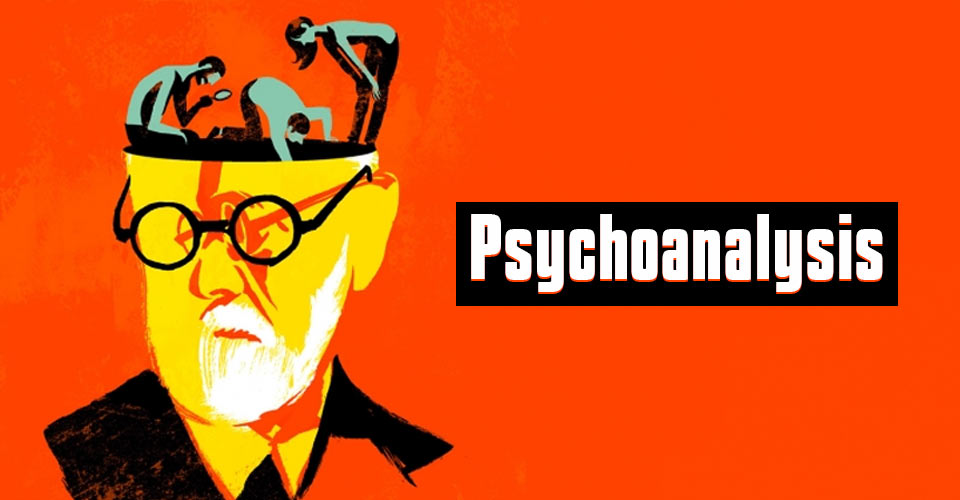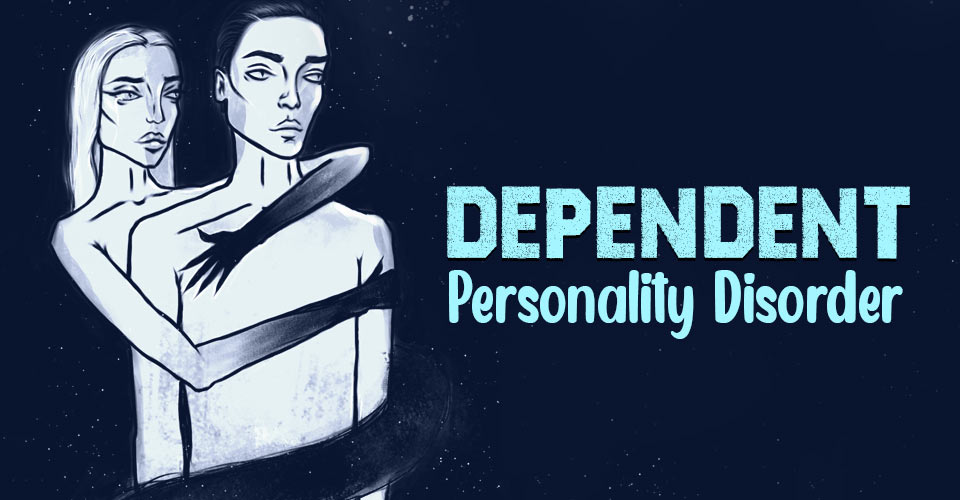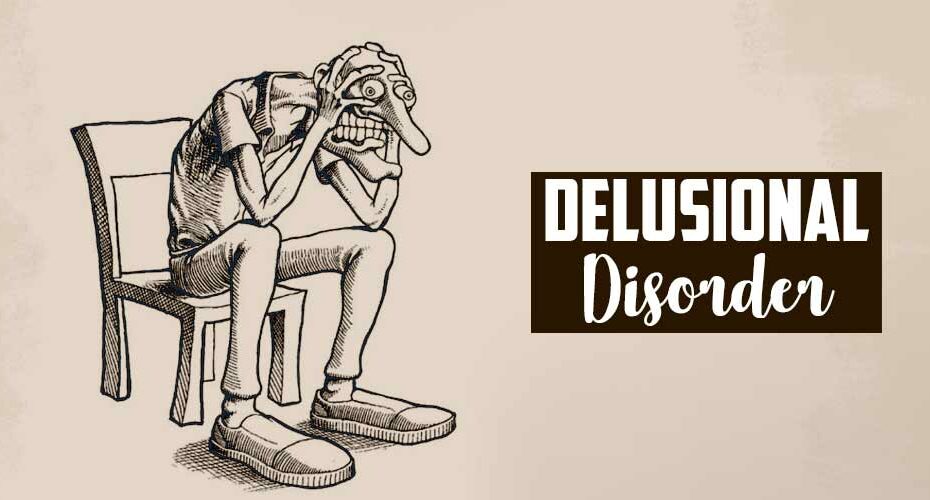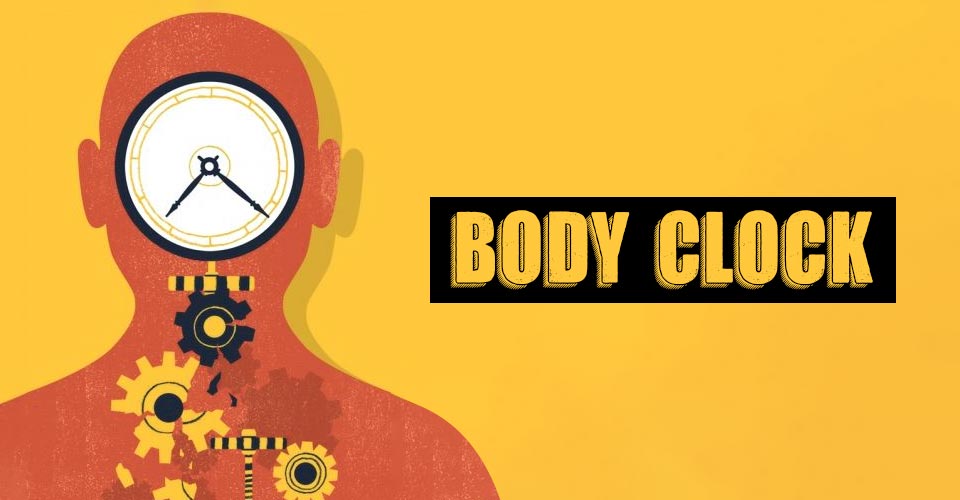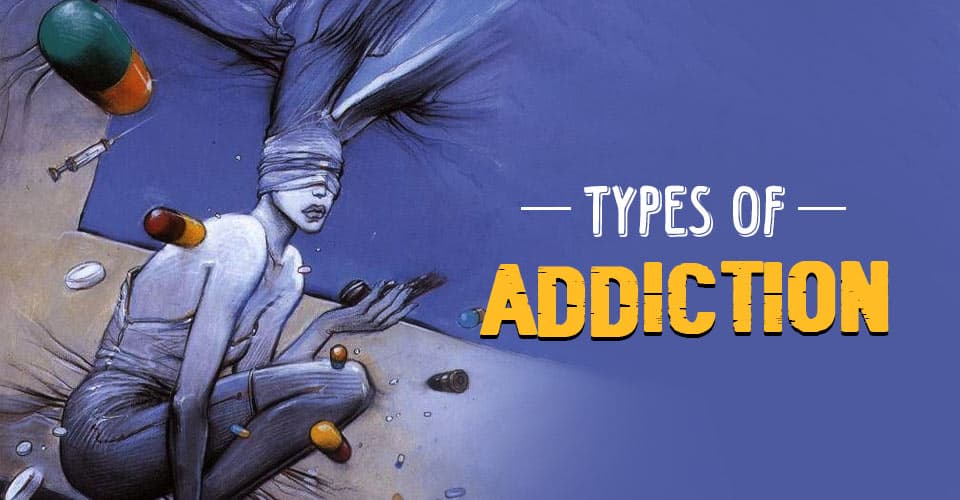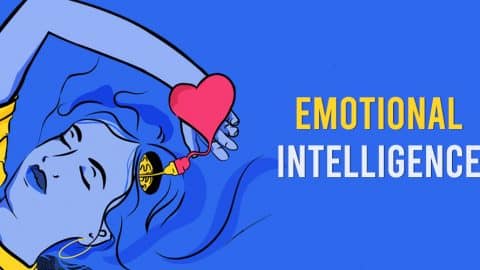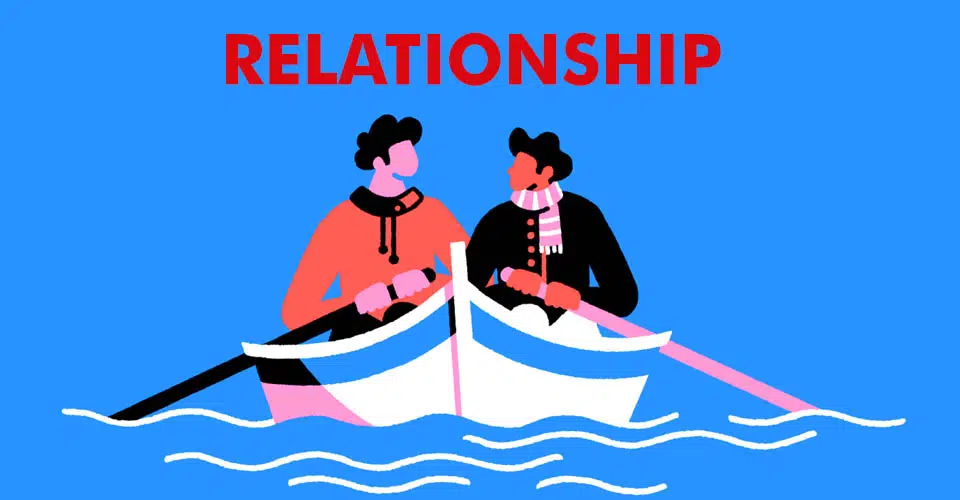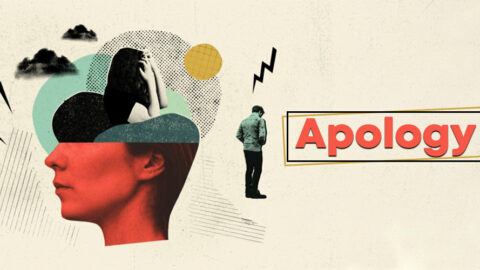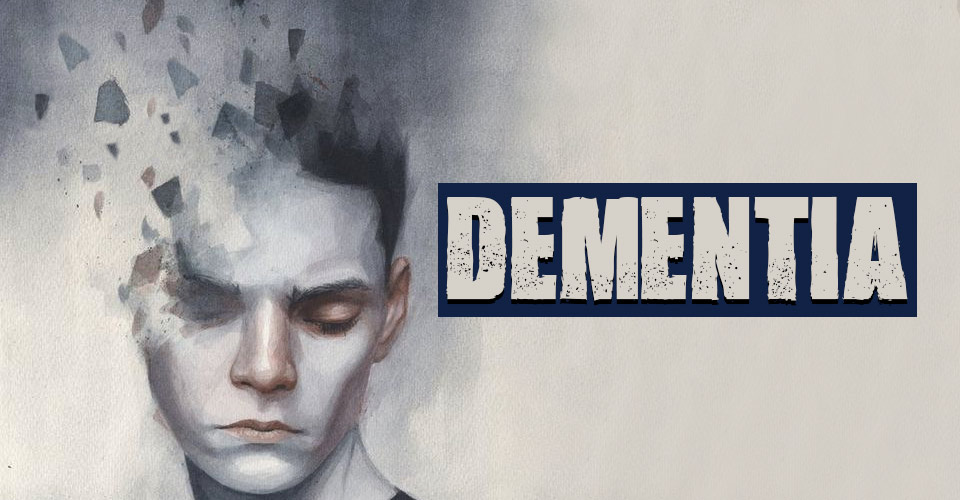Humor is a versatile term that encompasses the ability to express or perceive anything comic, absurd, or incongruous, highlighting what is amusing or ludicrous. It serves as both a source of entertainment and a coping mechanism in challenging circumstances.
What Is Humor?
Humor, or hilarity, refers to the quality or ability of actions, speech, or writing to entertain and evoke amusement. While it often provokes laughter, humor plays meaningful roles in various social contexts. Many people believe humor is inherently tied to laughter, but this is not always the case. Any action or behavior that relaxes the body, enhances breathing, prompts a smile, or induces happiness can be considered humor. Hilarity can also be defined as communication in which the stimulus produces amusement. A 2019 research 1 Jiang, T., Li, H., & Hou, Y. (2019). Cultural Differences in Humor Perception, Usage, and Implications. Frontiers in psychology, 10, 123. https://doi.org/10.3389/fpsyg.2019.00123 suggests that the universal phenomenon includes two primary elements:
- Several emotional responses
- Vocal-behavioral expressions like laughter and smile
“Humor refers to the tendency to experience or express what is amusing and funny, however, people from different cultural backgrounds may see the humor in different ways”, the study added. Human emotions like joy, laughter, anxiety, fear, anger, depression affect the physiological and psychological processes of people. Studies 2 Ford, T. E., Lappi, S. K., & Holden, C. J. (2016). Personality, Humor Styles and Happiness: Happy People Have Positive Humor Styles. Europe’s journal of psychology, 12(3), 320–337. https://doi.org/10.5964/ejop.v12i3.1160 have shown that the humorous capacity helps people to deal with different situations and events, such as:
- Coping with misfortune
- Managing conflicts or disagreements
- Making sense of rule violation
- Building healthy social relationships
- Dealing with difficult and stressful situations effectively
- Enjoy more consistent relationships
- Finding positivity in every experience
- Maintaining more positive psychological and physical mental well-being
- Releasing stress and tension
- Attracting a mate
Though hilarity often involves the violation of expectations, certain factors such as culture, age, political orientation may have an impact on what people find humorous or funny. A 2017 research paper 3 Savage, B. M., Lujan, H. L., Thipparthi, R. R., & DiCarlo, S. E. (2017). Humor, laughter, learning, and health! A brief review. Advances in physiology education, 41(3), 341–347. https://doi.org/10.1152/advan.00030.2017 says that humor can improve one’s performance in various domains by sustaining attention, reducing stress and anxiety, enhancing participation, and increasing motivation.
Understanding Humor
Renowned philosophers like Plato and Aristotle have been trying to examine the humorous capacity of people since ancient times. Several recent studies have described various significant theories of the underlying mechanisms of hilarity. A 2009 research paper 4 Wilkins, J., & Eisenbraun, A. J. (2009). Humor theories and the physiological benefits of laughter. Holistic nursing practice, 23(6), 349–354. https://doi.org/10.1097/HNP.0b013e3181bf37ad explains three top theories of humor, such as:
- Relief theory aims to describe the motivational mechanisms of interpersonal needs. It suggests that the humorous quality provides relief of tension.
- Superiority theory focuses on the motivational mechanism where humor acts as a function of self-esteem enhancement.
- Incongruity theory explains the cognitive mechanism of perception and interpretation. It suggests that the perception of incongruity is closely related to humor.
These theories claim that hilarity consists of numerous psychological benefits of laughter. According to a 2010 study 5 Ruch, W., Proyer, R. T., & Weber, M. (2010). Humor as a character strength among the elderly: empirical findings on age-related changes and its contribution to satisfaction with life. Zeitschrift fur Gerontologie und Geriatrie, 43(1), 13–18. https://doi.org/10.1007/s00391-009-0090-0 , humor plays an important role as a character strength which is extremely crucial to human thriving. This study shows that hilarity is positively correlated with life satisfaction as well as pleasurable and engaged life.
Types Of Humor
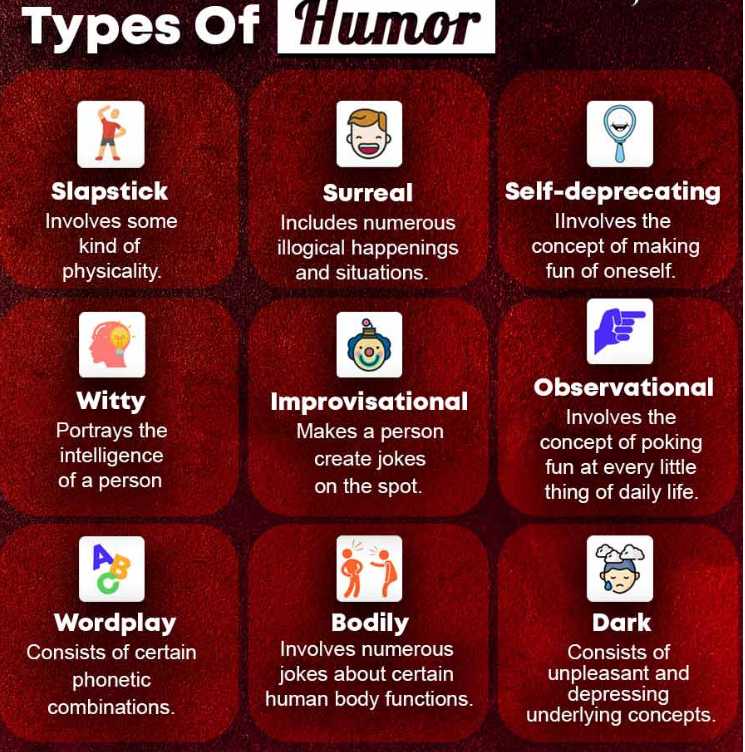
Humor comes in a variety of forms, including some lighthearted forms and some absurd ones. Every culture, family, classroom, city, or even nation has its own distinctive sense of humor. Here are the nine most common types of hilarity:
1. Slapstick
Slapstick refers to the physical humor that involves some kind of physicality. In this type, people exaggerate their wild body movements to make others laugh. A 2016 research 6 Dunbar, R. I., Launay, J., & Curry, O. (2016). The Complexity of Jokes Is Limited by Cognitive Constraints on Mentalizing. Human nature (Hawthorne, N.Y.), 27(2), 130–140. https://doi.org/10.1007/s12110-015-9251-6 suggests that slapstick comedy gains its effect by its very spontaneity. It may include pranks, gags, or practical jokes always accompanied by some humorous body language. Clowns, mimes, and funny facial expressions are some of the examples.
2. Surreal
It can also be termed as absurd hilarity. This type includes numerous weird, strange, or illogical happenings and situations that ultimately end up being funny. Research 7 Dai, R. H., Chen, H. C., Chan, Y. C., Wu, C. L., Li, P., Cho, S. L., & Hu, J. F. (2017). To Resolve or Not To Resolve, that Is the Question: The Dual-Path Model of Incongruity Resolution and Absurd Verbal Humor by fMRI. Frontiers in psychology, 8, 498. https://doi.org/10.3389/fpsyg.2017.00498 says that absurd comedy contains an unresolvable incongruity but can still induce a feeling of amusement.
3. Wordplay
It often consists of certain phonetic combinations such as absurd and meaningless words, clever rhetorical excursions, and oddly formed sentences. Wordplay refers to playing with words including language twisting to create a funny outcome. According to a 2010 study 8 Summerfelt, H., Lippman, L., & Hyman, I. E., Jr (2010). The effect of humor on memory: constrained by the pun. The Journal of general psychology, 137(4), 376–394. https://doi.org/10.1080/00221309.2010.499398 , wordplay humor can improve both recall and recognition memory following incidental encoding.
4. Self-deprecating
This type is the most common one among stand-up comedians in which they make fun of themselves and are rewarded with laughter and smiles. This type of hilarity makes everyone laugh rather than feel bad for the comedian. Studies 9 Lee, J. Y., Slater, M. D., & Tchernev, J. (2015). Self-Deprecating Humor Versus Other-Deprecating Humor in Health Messages. Journal of health communication, 20(10), 1185–1195. https://doi.org/10.1080/10810730.2015.1018591 have found that self-deprecating comedy is more likely to establish an equal relationship between the speaker and the audience. It makes the audience comfortable as the comedian seems real and humble to them.
5. Witty
This type of hilarity is the most intelligent one and extremely difficult to detect. It is the complete opposite of slapstick hilarity that requires a person’s mind to be active and engaged. It may not be extremely funny or full of laughter but it portrays the intelligence of a person extremely well. A 2017 research paper 10 Papousek, I., Ruch, W., Rominger, C., Kindermann, E., Scheidl, K., Schulter, G., Fink, A., & Weiss, E. M. (2017). The Use of Bright and Dark Types of Humour is Rooted in the Brain. Scientific reports, 7, 42967. https://doi.org/10.1038/srep42967 claims that witty comedy can apparently be used in negative as well as positive ways. It is often termed as deadpan or dry humor as the person who uses this type never shows any emotion.
6. Improvisational
Improv refers to a live platform where every performance is made up on the spot. With this type of hilarity, an individual makes up jokes on the spot itself that makes the comedy style funnier. It is the most difficult to perform, but most of the time the awkwardness makes the comedy more entertaining. According to a 2018 study 11 Morse, L. A., Xiong, L., Ramirez-Zohfeld, V., Anne, S., Barish, B., & Lindquist, L. A. (2018). Humor doesn’t retire: Improvisation as a health-promoting intervention for older adults. Archives of gerontology and geriatrics, 75, 1–5. https://doi.org/10.1016/j.archger.2017.10.013 , improv humor helps older adults combat several geriatric syndromes such as depression, stress, and isolation.
7. Observational
A person pokes fun at everything he/she notices in everyday life by using observational hilarity. Most stand-up comedians use this type of humor while performing. Research 12 Martin, R., & Kuiper, N. A. (2016). Three Decades Investigating Humor and Laughter: An Interview With Professor Rod Martin. Europe’s journal of psychology, 12(3), 498–512. https://doi.org/10.5964/ejop.v12i3.1119 says the observational sense of humor improves one’s observational skills.
8. Bodily
This type is also known as toilet jokes. It involves numerous jokes and funny memes about certain human body functions. It is considered to be a divisive kind of hilarity and quite popular among men and teenagers.
9. Dark
This type of hilarity often consists of some dark, unpleasant, or depressing underlying themes and concepts but displays some comical and unusual situations. Such humor tends to offend most people. Studies 13 Zeigler-Hill, V., McCabe, G. A., & Vrabel, J. K. (2016). The Dark Side of Humor: DSM-5 Pathological Personality Traits and Humor Styles. Europe’s journal of psychology, 12(3), 363–376. https://doi.org/10.5964/ejop.v12i3.1109 have shown that dark comedy often involves inflicting damage to the self and have also been found to be linked with darker aspects of personality. Dark humor, often known as twisted humor, includes an acquired taste that many people may not appreciate as they can consider it as a disturbing subject matter.
Humor In Relationships
Humor and laughter act as the best medicine in relieving stress, elevating mood, and making a person more resilient. Recent studies 14 DiDonato, T. E., & Jakubiak, B. K. (2016). Strategically Funny: Romantic Motives Affect Humor Style in Relationship Initiation. Europe’s journal of psychology, 12(3), 390–405. https://doi.org/10.5964/ejop.v12i3.1105 have found that hilarity and laughter can be effective tools to maintain healthy relationships. It does not just help in attracting others but also in overcoming the discomfort or awkwardness that often develops during the process of getting to know each other. The humorous capacity of a partner keeps an established relationship exciting, vibrant, and fresh. Here are some of the important benefits of using hilarity in your relationship:
- It helps you to deal with past conflicts and disagreements that build up over time.
- It develops a sense of intimacy and positive connection between you and your partner, friends, or other family members.
- It helps you to build stronger bonds with others. One’s physical and mental health largely depends on the quality of their relationships.
- By using gentle humor, you can address even the most sensitive issues.
- It helps you to overcome relationship problems and setbacks. It makes you take hardships in stride and helps you in bouncing back from adversity and loss.
- It can ease out the tension of a situation. It helps you to reframe difficult problems that might seem extremely overwhelming and damaging otherwise.
- It makes you more creative, inspires you, and energizes your thinking abilities.
Read More About Relationship Here
Benefits Of Humor
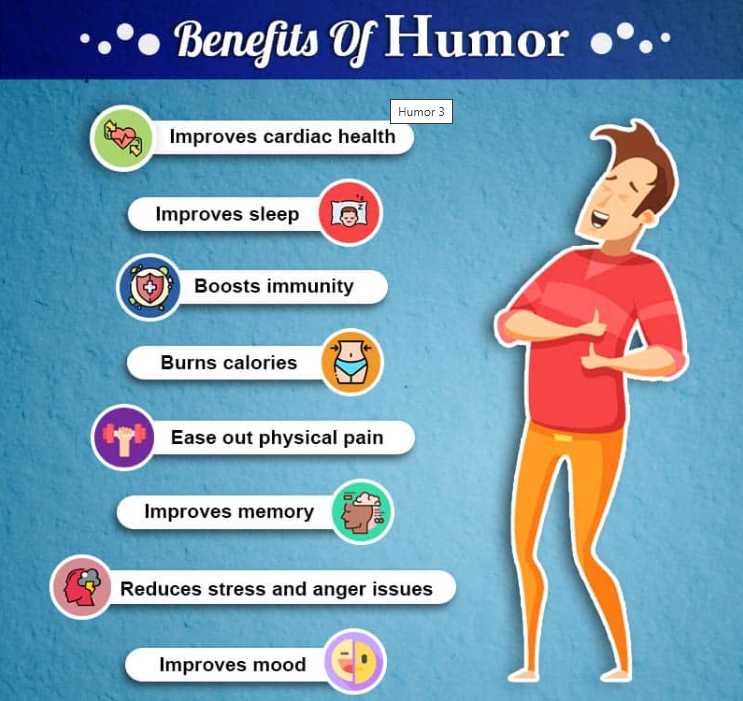
Though it requires more research, a 2016 research paper 15 Louie, D., Brook, K., & Frates, E. (2016). The Laughter Prescription: A Tool for Lifestyle Medicine. American journal of lifestyle medicine, 10(4), 262–267. https://doi.org/10.1177/1559827614550279 explains that hilarity or laughter as physical activity can additionally produce small but quantifiable positive physiological benefits. According to a 2018 study 16 Yoshikawa, Y., Ohmaki, E., Kawahata, H., Maekawa, Y., Ogihara, T., Morishita, R., & Aoki, M. (2018). Beneficial effect of laughter therapy on physiological and psychological function in elders. Nursing open, 6(1), 93–99. https://doi.org/10.1002/nop2.190 , humor also enhances our coping abilities to deal with certain mental health issues. It reduces anger, anxiety, depression, and overthinking issues that we deal with during various difficult and challenging situations. The following are some of the physiological and psychological benefits of hilarity:
1. Improves cardiac health
Humor creates laughter, which as physical activity, relaxes a person’s muscles. A recent 2020 study 17 Hafen BB, Burns B. Physiology, Smooth Muscle. [Updated 2020 Aug 31]. In: StatPearls [Internet]. Treasure Island (FL): StatPearls Publishing; 2021 Jan-. Available from: https://www.ncbi.nlm.nih.gov/books/NBK526125/ suggests that it is extremely beneficial for vascular functioning. It helps you to take in more oxygen and stimulates your lungs. Cardiac health is closely associated with laughter as it increases one’s heart rate and lowers blood pressure.
2. Improves sleep and boosts immunity
A 2011 research 18 Ko, H. J., & Youn, C. H. (2011). Effects of laughter therapy on depression, cognition and sleep among the community-dwelling elderly. Geriatrics & gerontology international, 11(3), 267–274. https://doi.org/10.1111/j.1447-0594.2010.00680.x explains that hilarity is associated with improved sleep quality in older adults. Another research 19 Bennett, M. P., & Lengacher, C. (2009). Humor and Laughter May Influence Health IV. Humor and Immune Function. Evidence-based complementary and alternative medicine : eCAM, 6(2), 159–164. https://doi.org/10.1093/ecam/nem149 says that extensive laughter boosts one’s immunity and makes one more resistant to disease.
3. Ease out physical pain
Humor can distract you from any physical pain or discomfort you’re experiencing. Laughter releases endorphins 20 Yim J. (2016). Therapeutic Benefits of Laughter in Mental Health: A Theoretical Review. The Tohoku journal of experimental medicine, 239(3), 243–249. https://doi.org/10.1620/tjem.239.243 that work as a natural painkiller. Endorphin is known as the feel-good chemical of our body.
4. Burns calories
As hilarity induces laughter, it is strongly interlinked with burning calories. A 2007 study 21 Buchowski, M. S., Majchrzak, K. M., Blomquist, K., Chen, K. Y., Byrne, D. W., & Bachorowski, J. A. (2007). Energy expenditure of genuine laughter. International journal of obesity (2005), 31(1), 131–137. https://doi.org/10.1038/sj.ijo.0803353 claims that laughing for 10-15 minutes a day can burn around 40 calories.
5. Reduces stress and anger issues
Humor is proved to be extremely beneficial in reducing anxiety, depression, and stress. Some studies 22 Kim, S. H., Kim, Y. H., & Kim, H. J. (2015). Laughter and Stress Relief in Cancer Patients: A Pilot Study. Evidence-based complementary and alternative medicine : eCAM, 2015, 864739. https://doi.org/10.1155/2015/864739 have found a variety of positive effects of laughter therapy on anxiety or stress-related psychological health issues. This study shows that laughter stimulates multiple physiological systems that decrease levels of stress hormones, such as cortisol and epinephrine. A 2011 research 23 Gelkopf M. (2011). The use of humor in serious mental illness: a review. Evidence-based complementary and alternative medicine : eCAM, 2011, 342837. https://doi.org/10.1093/ecam/nep106 claims that humor reduces verbal hostility and aggression.
6. Improves memory
Another important benefit of using humorous capacity is that it improves our memory retention. A 2014 research paper 24 Bains, G. S., Berk, L. S., Daher, N., Lohman, E., Schwab, E., Petrofsky, J., & Deshpande, P. (2014). The effect of humor on short-term memory in older adults: a new component for whole-person wellness. Advances in mind-body medicine, 28(2), 16–24. suggests that humor can improve learning and delayed recall abilities in elderly people.
7. Improves mood
Hilarity can instantly lighten our mood. It decreases levels of stress hormones and increases the activation of the mesolimbic dopaminergic reward system. Studies 25 Bast, E. S., & Berry, E. M. (2014). Laugh Away the Fat? Therapeutic Humor in the Control of Stress-induced Emotional Eating. Rambam Maimonides medical journal, 5(1), e0007. https://doi.org/10.5041/RMMJ.10141 have shown that people’s mood is regulated due to the pleasure-reward pathway being activated by the brain.
How To Use Humor To Manage Conflicts
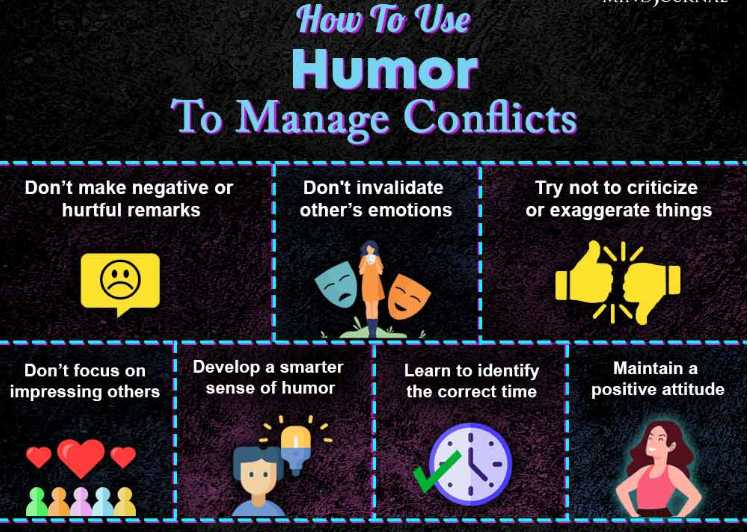
Conflicts and disagreements are inevitable parts of any relationship. Even the smallest disagreement can destroy a stronger relationship. Thus, it is extremely important to know how we can ease out the tension and maintain healthy relationships. Humor is certainly an important tool to manage any kind of conflict in relationships. Here are some of the ways by which you can use humor to avoid and manage major conflicts:
- Don’t make negative or hurtful remarks about others. Try not to criticize or exaggerate things while making fun. Maintain a positive attitude and respect the other person.
- Don’t use your humorous capacity to invalidate other’s emotions. Learn to identify the time when you can lighten the tension of a situation. It’s very important to know the right time for humor.
- Develop a smarter sense of humor and avoid mean-spirited ones.
- Do not hesitate to express your playful side. Don’t focus on impressing or entertaining people, rather concentrate on defusing the stress.
Use Humor To Build Stronger Relationships
Humor is a great capacity or ability of people that evokes amusement and happiness. It also provides numerous psychological and physical benefits. Except for these benefits, it brings people together and creates a platform for healthy communication. It adds positivity to the new and established relationships. One should learn to use humor effectively during difficult times as it can ease out the situational tension instantly.
Humor At A Glance
- Humor is comic, absurd, or incongruous capacity to express or perceive what is ludicrous or amusing.
- There are three most significant theories associated with the concept of humor, such as relief theory, superiority theory, and incongruity theory.
- Humor comes in different forms such as slapstick, surreal, witty, wordplay, dark, and the like.
- It acts as an effective tool in maintaining healthy relationships and managing any kind of conflicts
- It produces small but quantifiable positive physiological benefits as well as helps us to deal with several mental health problems.



